Germany indicted a senior PKK terrorist figure for numerous crimes on Wednesday.
The indictment, filed by the Federal Prosecutor’s Office, accuses Kenan A. of “being a member of a foreign terrorist organization,” among other crimes.
The accused terrorist was one of the key figures of the terror group in Germany and oversaw the PKK’s propaganda and fundraising activities in major German cities, including Hamburg, Cologne and Dusseldorf, according to prosecutors.
He was arrested in June following his extradition from the Greek Cypriot administration. Germany had earlier issued a European arrest warrant for him as part of a counterterrorism investigation.
The PKK, classified as an “ethno-nationalist” terrorist organization by the EU’s law enforcement agency Europol, has been banned in Germany since 1993. However, it remains the largest foreign extremist group in the country, and its followers, some 14,500 people, can carry out violent attacks upon instructions from group leaders abroad, Germany’s domestic intelligence agency, BfV, warned in its annual report last year.
The terrorist group raised an estimated 16.7 million euros ($17.8 million) in Germany in 2021 and collected more than 30 million euros in various “fundraising campaigns” across Europe, according to the report.
Furthermore, it showed that since 2013, at least 295 foreign fighters from Germany have traveled to northern Syria and Iraq, where they received military training from PKK terrorists and took part in armed attacks in the region.
Germany has a 3-million-strong Turkish community, many of whom are second and third-generation German-born citizens of Turkish descent whose grandparents moved to the country during the 1960s.
Although Türkiye has repeatedly called on its NATO ally Germany to take more decisive action against the PKK, the terrorist group’s activities have been largely tolerated by authorities. Berlin has been reluctant to do more to combat the group.
Türkiye has frequently voiced concerns over European countries’ tolerance toward the PKK. However, the terrorist organization still maintains a strong presence in the region, being able to hold rallies and engage in recruitment activities.
Several reports from Turkish and international law enforcement agencies have also shown the group can finance its bloody terrorist campaign through drug trafficking in the European Union, raking in over $1.5 billion annually. It relies on its supporters and pro-PKK political groups across Europe.
In June, sympathizers of the group attacked a mosque in the northwestern city of Bad Bentheim, which the German police said would be handled as not a case of “damage to the property via graffiti.”

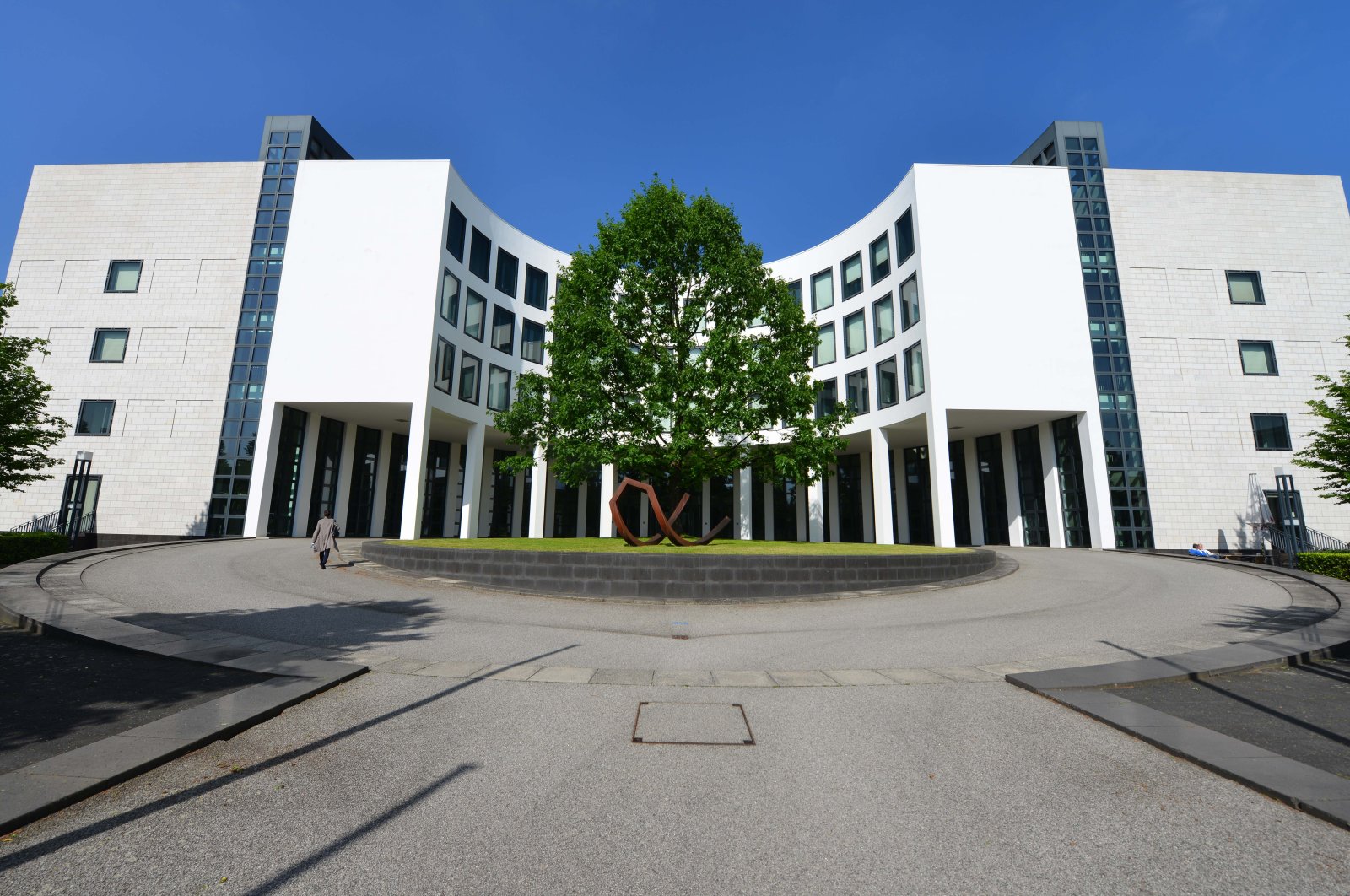

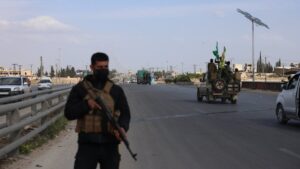




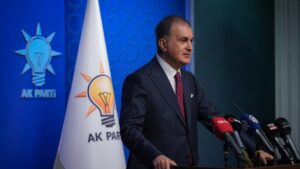

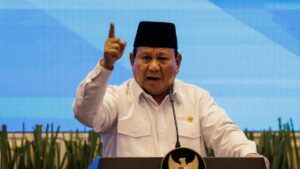


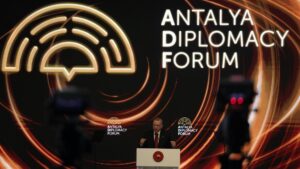
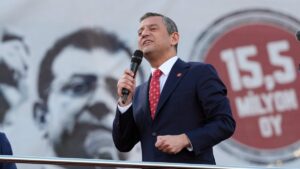
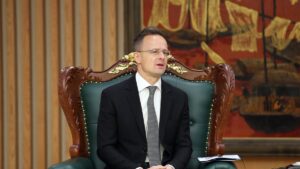
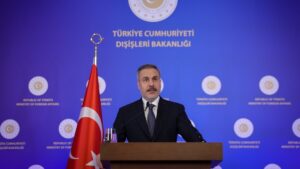


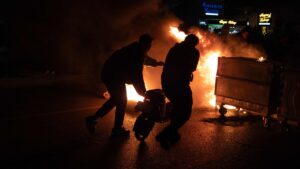
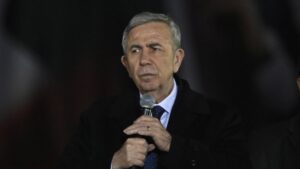

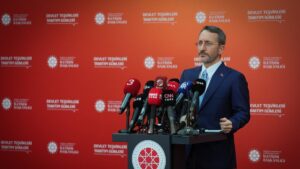





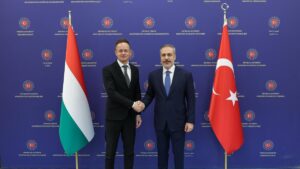

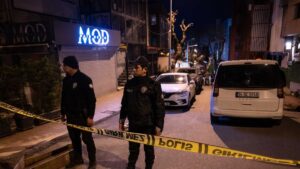
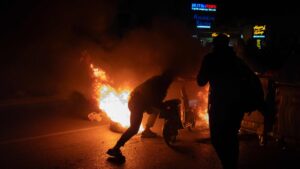
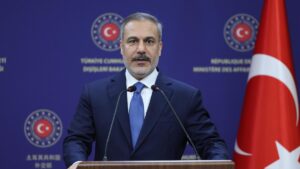
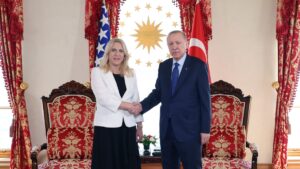
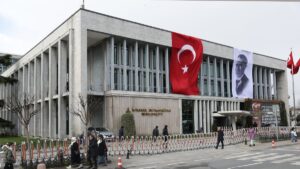


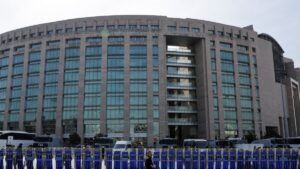
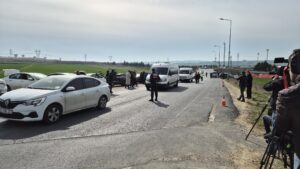



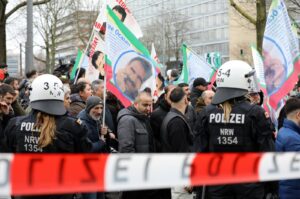



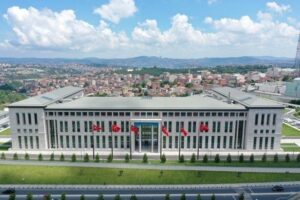
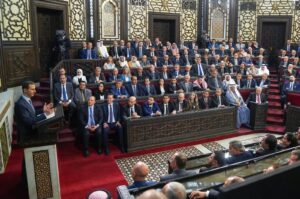

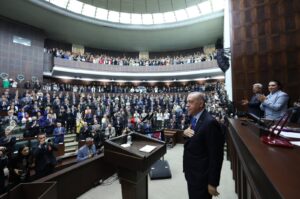
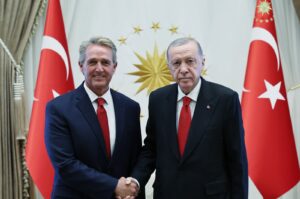
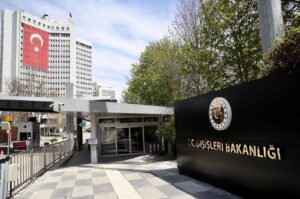
Be First to Comment